International Women's Day

To support International Women’s Day we have put together a number of resources, including events and news articles to support this worldwide movement for women’s rights.
Spotlight on OU women researchers who #Choose to challenge
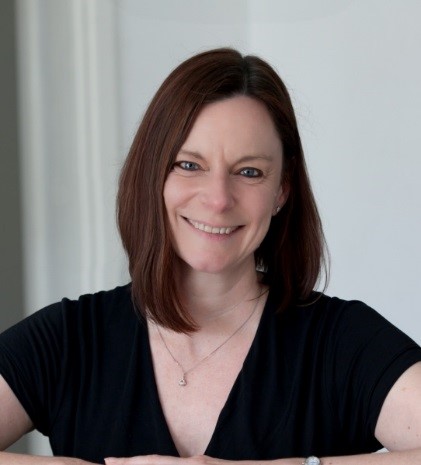
Sparked by the theme of International Women’s Day 2021, this spotlight looks at six OU women who have used their research to challenge world views.
Stefanie aims to reclaim STEM-professional women’s space
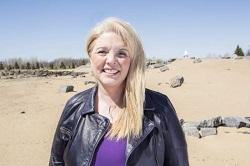
Dr Stefanie Ruel, has recently given a high-profile talk about her research centred on STEM-professional women’s exclusion in the Canadian space industry.
Empowering female electrical engineers in the Middle East and Africa
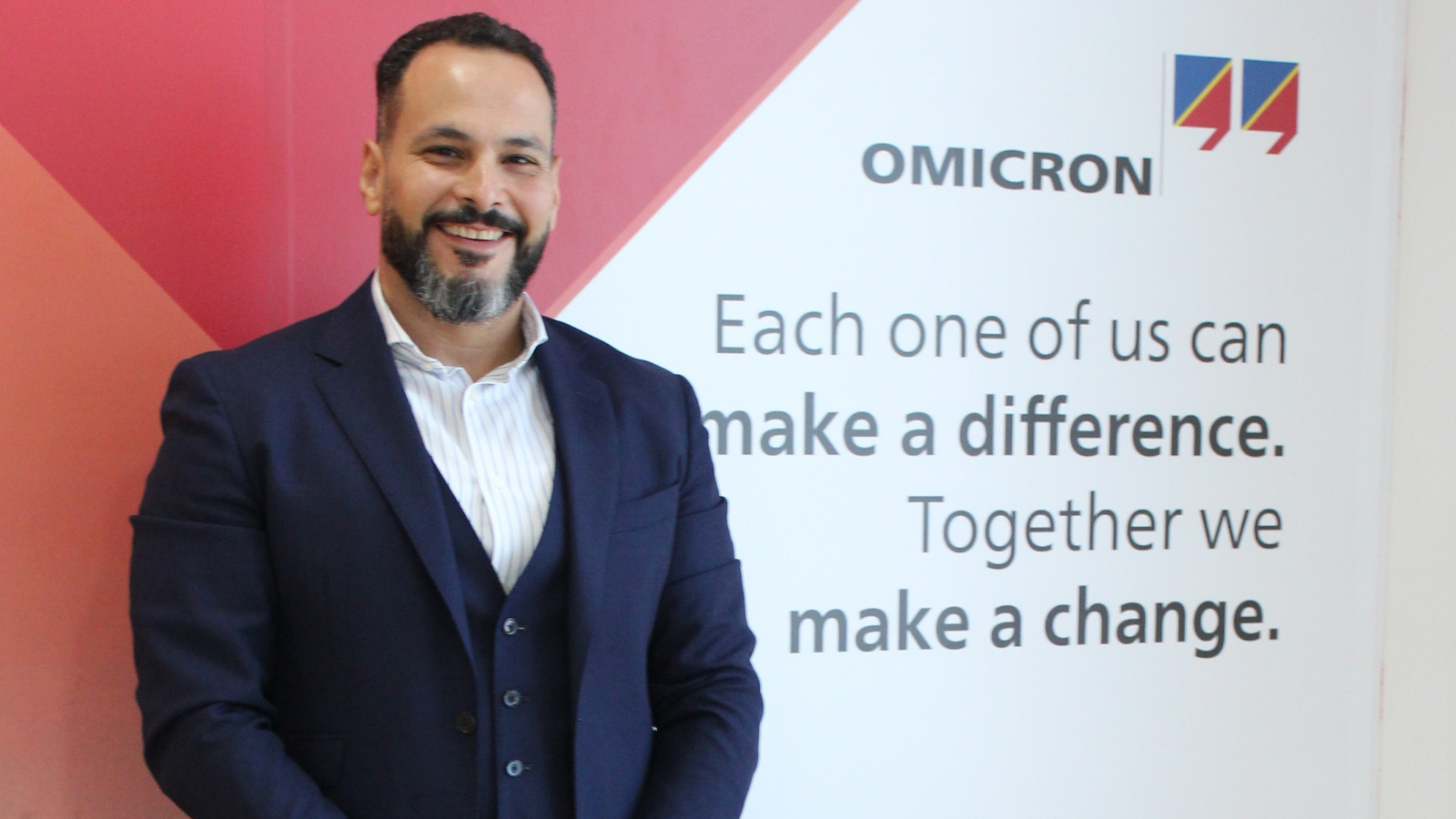
In this blog post, MBA alumnus Ahmed El-Hamaky, discusses how he supports female electrical engineers with OMICRON Energizing Women (OEW).
Event | Women in Research: Making a Difference to the Wider World
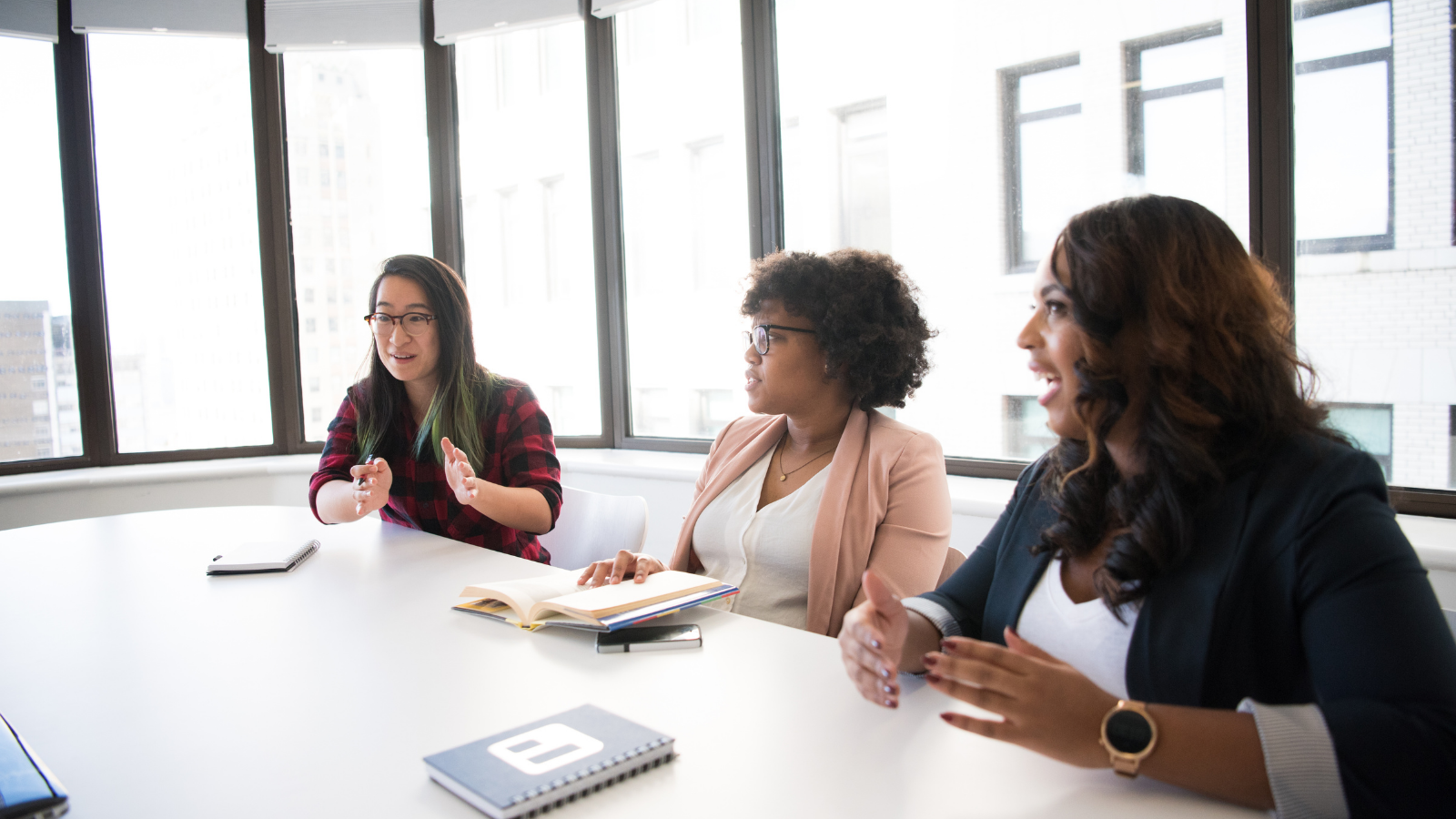
Deputy Vice-Chancellor Professor Josie Fraser will be joined by academics from The Open University (OU), for a thought-provoking discussion around the role of women in research and how women at the OU are making a difference with their research today.
We will find out more about their research, how OU research is making a difference to society, and explore the importance of women-led research.
Business Network Briefing: why menopause is a workplace issue

Mid-life women are the fastest growing group in the UK workforce and have been for at least thirty years. Mid-life is also the time when most women experience menopause. Menopausal symptoms like anxiety, loss of concentration and hot flushes can cause difficulties at work. Work can also make symptoms worse.
This recorded webinar will clarify why menopause is a workplace issue and what employers should do in response.
 Women’s rights and COVID-19
Women’s rights and COVID-19
In this blog post, Dr Kim Barker and Dr Olga Jurasz, both Senior Lecturers in Law at The Open University, discuss the challenges posed to women’s rights during the COVID-19 pandemic.
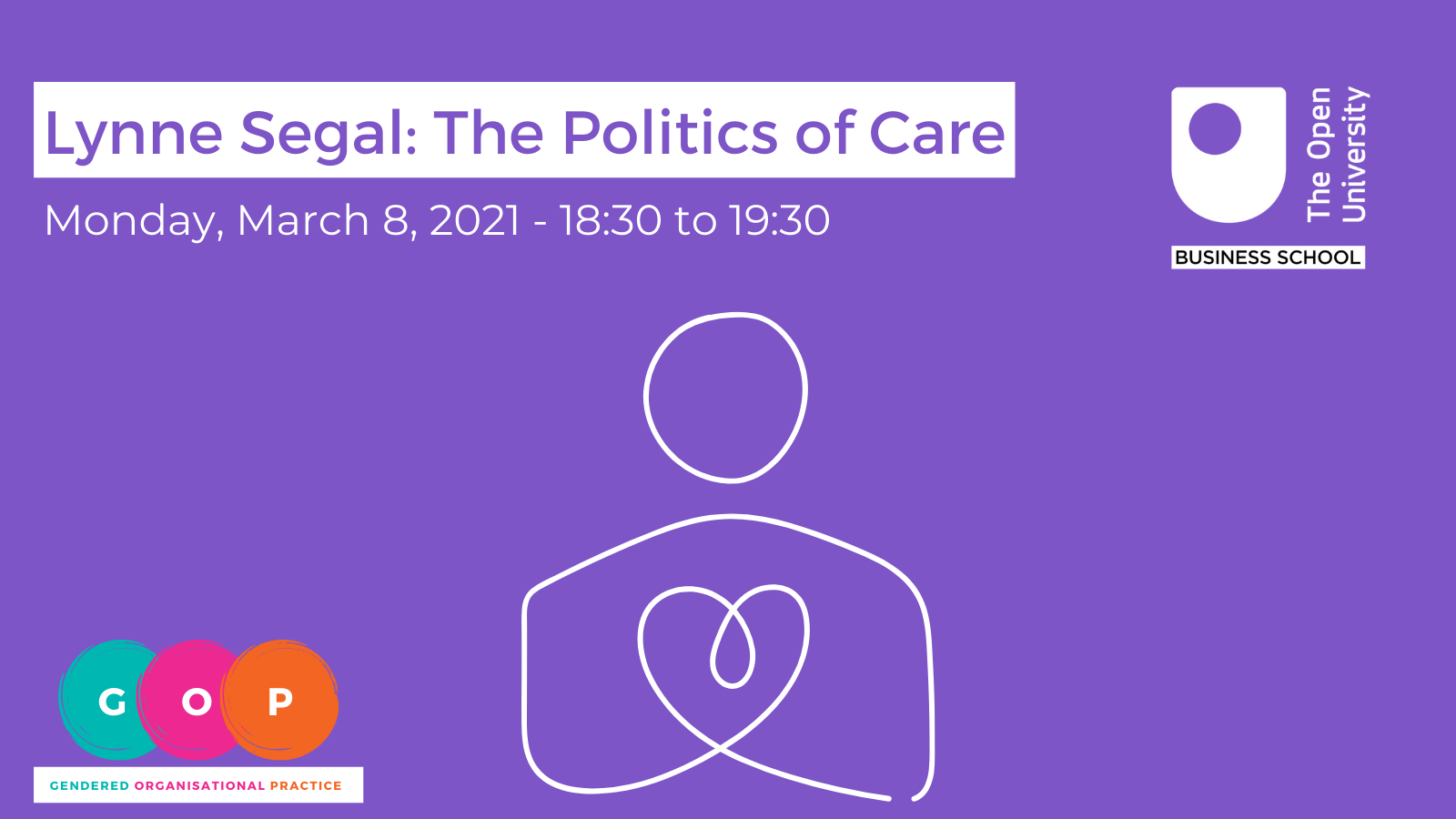 Event | Lynne Segal: The Politics of Care
Event | Lynne Segal: The Politics of Care
In this special International Women’s Day event, come and join one of the most important feminists of our times, Lynne Segal, as she makes the case for a politics of care – for care to be at the heart of all aspects of contemporary life.
 The absence of women from Italy’s COVID-19 pandemic response
The absence of women from Italy’s COVID-19 pandemic response
A publication written by Dr Cinzia Priola, Senior Lecturer in Organisational Studies at the OU and Dr Lara Pecis, Lecturer in Organisation Studies in Lancaster University Management School, explores the role of Italian women in society and at work during the pandemic.
 Helping to empower the world’s most disadvantaged women
Helping to empower the world’s most disadvantaged women
The Open University has received £400,000 funding from UN Women, the United Nations entity for gender equality and the empowerment of women, to be its content development partner.
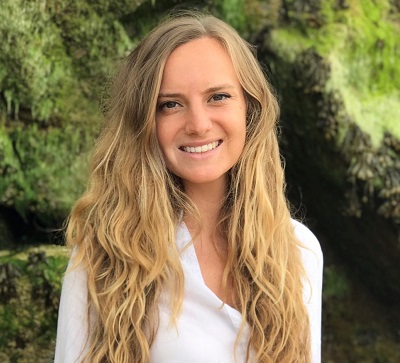 End-O, not the end of a career
End-O, not the end of a career
Endometriosis impacts 1 in 10 women and is more debilitating in the workplace than it needs to be. Watch Open University Business School PhD student Victoria Williams speak candidly about her experience with endometriosis in her TEDx Open University talk.
 Making international law work for women: new voices
Making international law work for women: new voices
This project seeks to address the multifaceted challenges facing women in post-conflict situations and to explore ways in which international law can (and should) be put to work in order to effectively assist women and secure their rights in the aftermath of contemporary conflicts.
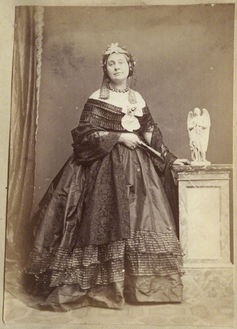 Meet Caroline Norton: fighting for women’s rights before it was even cool
Meet Caroline Norton: fighting for women’s rights before it was even cool
She didn't even believe in equality, but this Victorian woman's personal struggle against her husband became a matter of national importance.
 Lesbianism and the criminal law of England and Wales
Lesbianism and the criminal law of England and Wales
There has never been a specific criminal offence of lesbianism – but does that really mean that women have never been prosecuted for same-sex relationships? This article separates myth from reality.
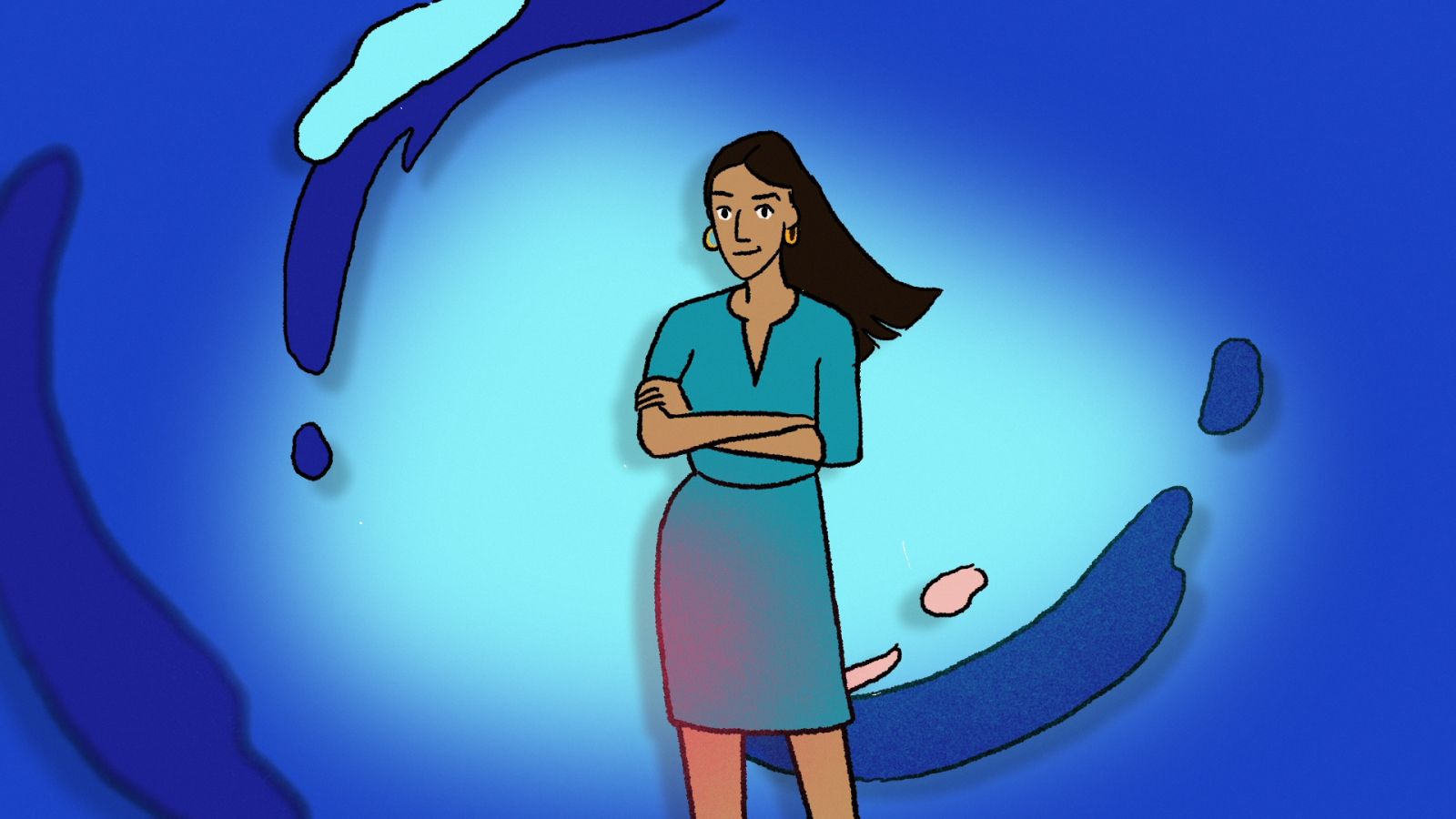 The power of quiet leadership
The power of quiet leadership
Leaders don’t need to be loud and confident. The Open University’s Dr Jacqueline Baxter makes the case for a quieter approach.
 Dr Leah Tomkins: What do we really need in a crisis? Caring Leadership
Dr Leah Tomkins: What do we really need in a crisis? Caring Leadership
In times of crisis, we demand different things from our leaders, organisations and institutions. Crisis situations stir up feelings of helplessness, and reawaken a primal need for nurturing, comfort, strength and guidance. When the world feels unmanageable, we look to leaders in all walks of life to steer us through the crisis and give us explanations for otherwise inexplicable events.
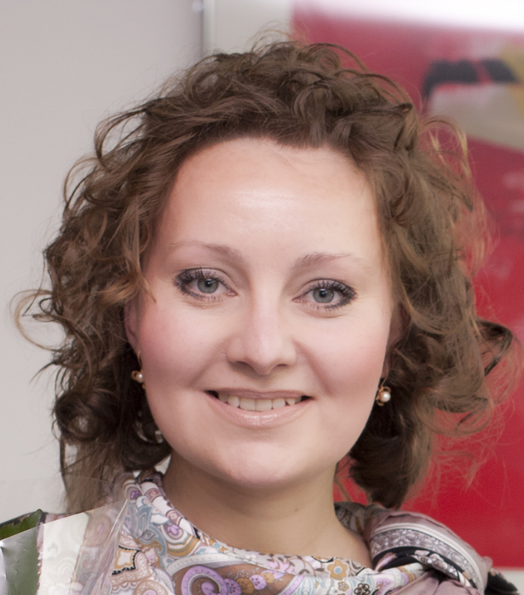 Anna goes global over breakfast to make her case
Anna goes global over breakfast to make her case
Business Network Breakfast Briefing saw Dr Anna John use examples from all over the world as she explored three approaches to managing political risks to foreign investments.
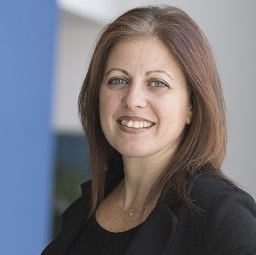 Unveiling Modest Femininities: Sexuality, Gender (In)equality and Gender Justice
Unveiling Modest Femininities: Sexuality, Gender (In)equality and Gender Justice
>
Dr Cinzia Priola introduces her article 'Unveiling Modest Femininities' published in the British Journal of Management.
 Coronavirus is no longer seen as high risk by many – and that’s undermining control measures
Coronavirus is no longer seen as high risk by many – and that’s undermining control measures
Dr Victoria Murphy explores why people’s behaviours not matching their intentions, and what implications does this have for our attempts to tackle COVID-19?
 ‘I Wanted More Women in, but . . .’: Oblique Resistance to Gender Equality Initiatives
‘I Wanted More Women in, but . . .’: Oblique Resistance to Gender Equality Initiatives
This article explores gender equality (GE) interventions through the example of positive discrimination quotas in politics to develop an understanding of resistance to them. Dr Owain Smolovic Jones, Dr Nela Smolovic-Jones, Dr Scott Taylor and Dr Emily Yarrow develop the notion of ‘oblique resistance’ to describe an indirect form of resistance to the erosion of patriarchal power, which never directly confronts the issue of GE, yet actively undermines it.
 Feminist solidarity building as embodied agonism: An ethnographic account of a protest movement
Feminist solidarity building as embodied agonism: An ethnographic account of a protest movement
In this article Dr Nela Smolovic-Jones, Dr Nik Winchester and Dr Caroline Clarke explore forging feminist solidarity through difference and conflict – something that was previously considered an obstacle to solidarity building, which makes this paper valuable for both practice and theory.
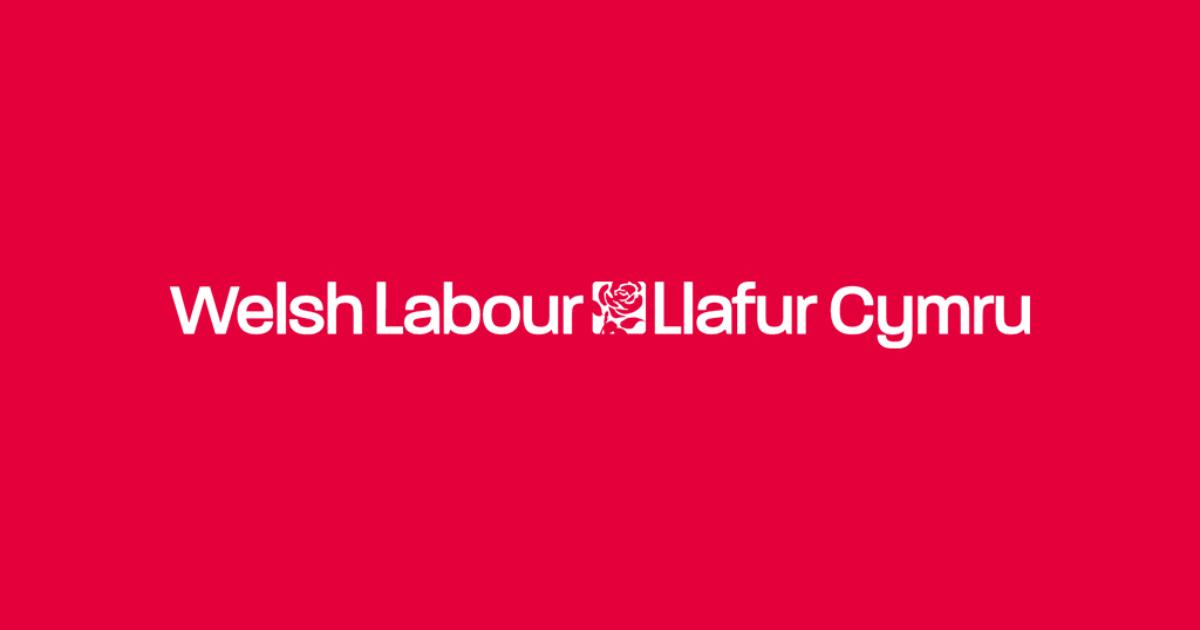 Theorizing gender desegregation as political work: The case of the Welsh Labour Party
Theorizing gender desegregation as political work: The case of the Welsh Labour Party
In this paper, Dr Owain Smolovic Jones, Dr Nela Smolovic-Jones, Dr Scott Taylor and Dr Emily Yarrow provide an empirical analysis of the UK's only positive discrimination intervention, in the British Labour Party, and offer a conceptual framework of desegregation as political work, contributing by expanding knowledge of the contestations and possibilities inherent in desegregating organizations.
